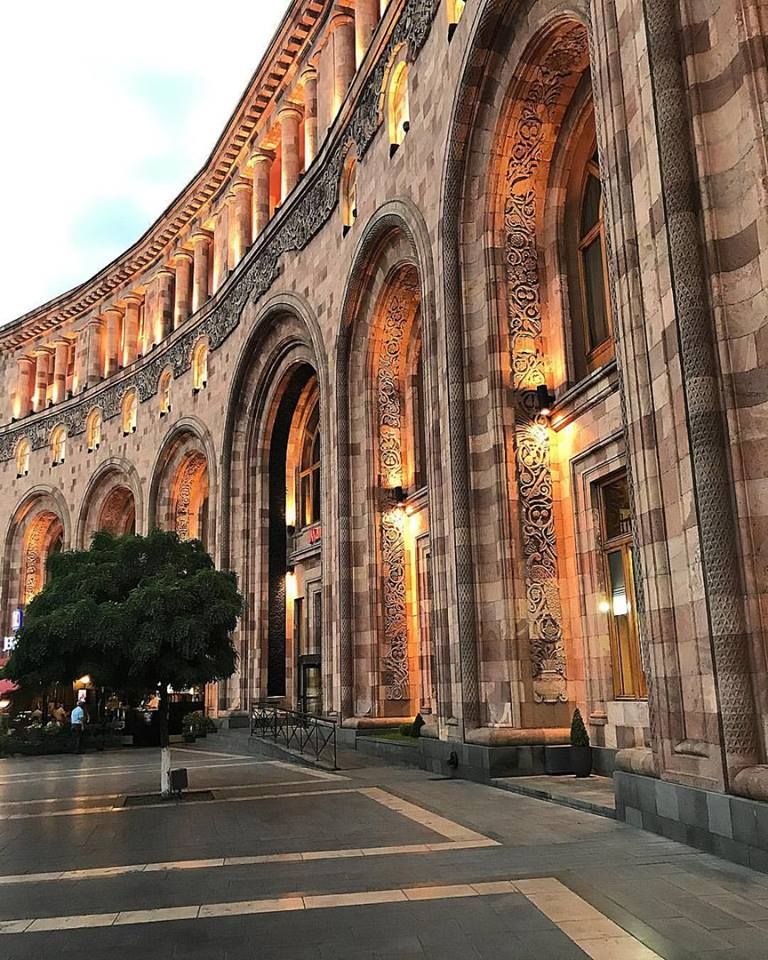The present alternative report is submitted in view of the coming review by the UN Committee on the rights of the Child of the implementation of the UN Convention of the Rights of the Child by the Republic of Armenia. It follows the submission of the fifth and sixth joint period national report of Armenia, presented in 2020.
This REPORT will present and focus on the violations of children’s rights, and especially the rights of children living in care institutions. We will focus on the violations of children’s rights to non-discrimination, the right to be free from ill-treatment and corporal punishment, children’s right to health, to an adequate standard of living, and the treatment of children with disabilities.
Non-discrimination
- Ensure the right of children with disabilities to freedom from discrimination at legislative level and in practice.
- Conduct training of personnel of institutions to eliminate discrimination based on gender, disability or any other basis.
Ill-treatment and corporal punishment
- Take necessary measures to eliminate violence against and among children in institutions, including cases of sexual violence, punitive educational methods.
- Ensure a procedure for proper recording and reporting to competent authorities of possible and confirmed cases of violence, suicide, self-harm and attempts of suicide and self-harm.
- Ensure the maintenance of proper records of possible and/or confirmed cases of violence against and among children by establishing liability for the lack of the record log and/or improper recording of cases.
- Guarantee an opportunity for children to report violations of their rights, and cases of violence by ensuring access to phones and boxes, and ensuring the protection of children who report those acts, including protection from reprisals.
- Ensure conditions necessary for maintaining hygiene, including the necessary amount of proper quality hygiene items, in order to ensure the dignity of all children living in care institutions.
- Conduct continuous training courses for employees of institutions with the purpose of preventing cases of violence, suicide, self-harm and attempts of suicide/self-harm.
- Conduct urgent, effective investigation into each case of violence and ill- treatment, and hold liable those who used violence.
- Make a legislative change prohibiting corporal punishment against children in all settings, including in care institutions.
Children deprived of a family environment
- Ensure investment of financial resources to community services for the care of children, in a strategy of deinstitutionalization.
- Guarantee that institutionalization of children be the last resort, including by
eliminating risks of keeping children in institutions without adequate grounds or
illegally.
Children with disabilities
- Put an end to placing children to institutions based on the family’s social vulnerability by implementing, inter alia, actions of social support to children with disabilities and their families.
- Ensure alternative care to children, including children with disabilities, receiving care in orphanages, i.e., offer alternatives to orphanages.
- Ensure that the child protection system is adequately staffed with professionals (including psychologists and social workers), and provide ongoing training to ensure they are skilled in interacting with and treating children with disabilities.
Health and health services
- Ensure institution employees’ awareness about teenagers’ right to sexual and reproductive health, guarantee individual work with children around puberty and sexual health.
Standard of living
- Provide children with care and living conditions based on human rights and dignity (irrespective of their sex, social origin, disability).
Education, leisure and cultural activities (arts. 28, 29 and 31 ofthe Convention)
Eliminate all factors hindering children’s education, as well as take efforts to change treatment of children receiving care in orphanages and crisis centers, and contribute to giving a legal assessment to all possible cases of discrimination.

